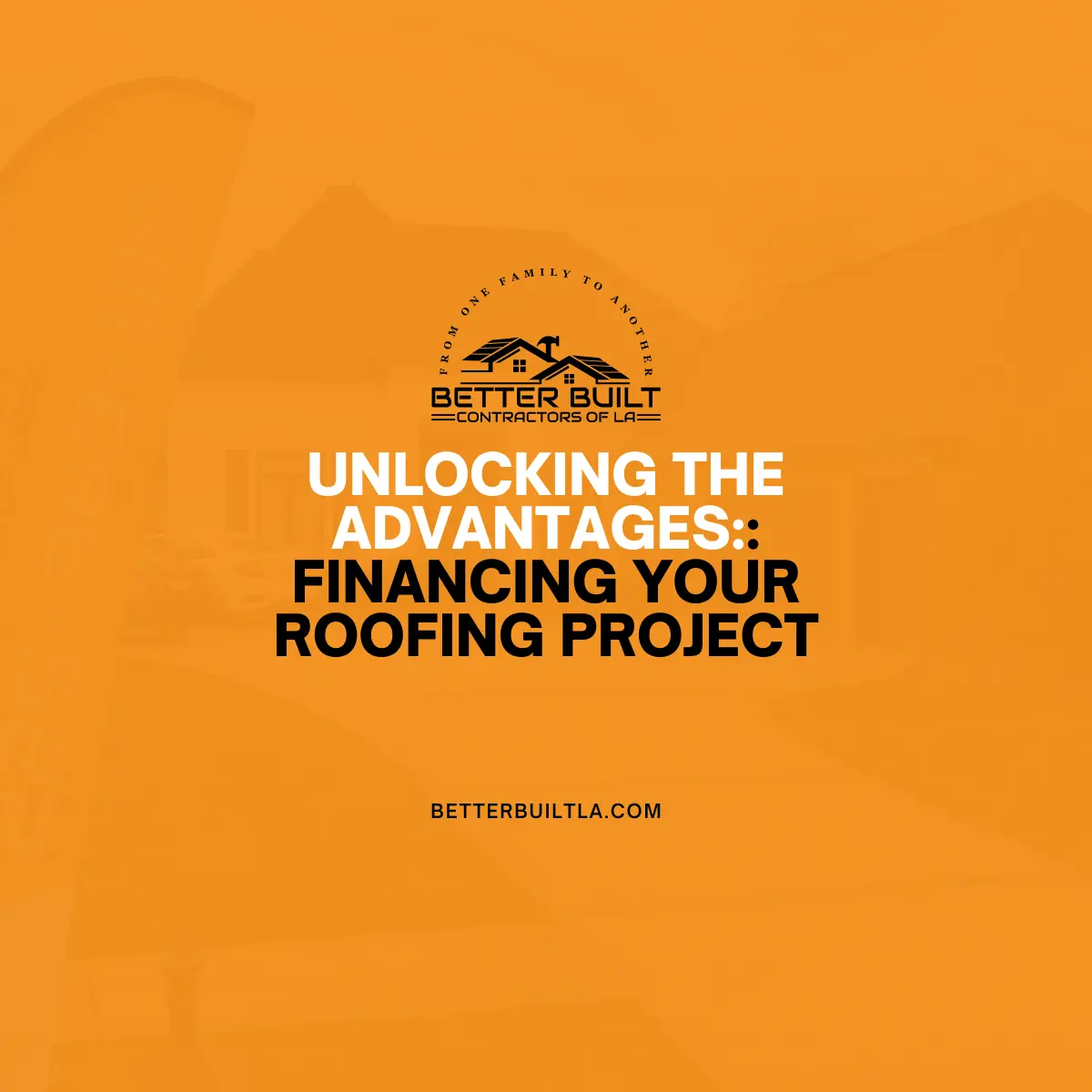Solar panels are all the rage right now as more and more people are looking for ways to save money on their energy bills. But before you run out and buy a solar panel system for your home, there are a few things you need to know. Here’s what you need to know before installing rooftop solar panels:
What are rooftop solar panels?
Before we get started, let’s first answer the question: what are rooftop solar panels? Rooftop solar panels are simply solar panels that are installed on your roof. These panels are a way for home and business owners to generate their own electricity using the sun’s energy.
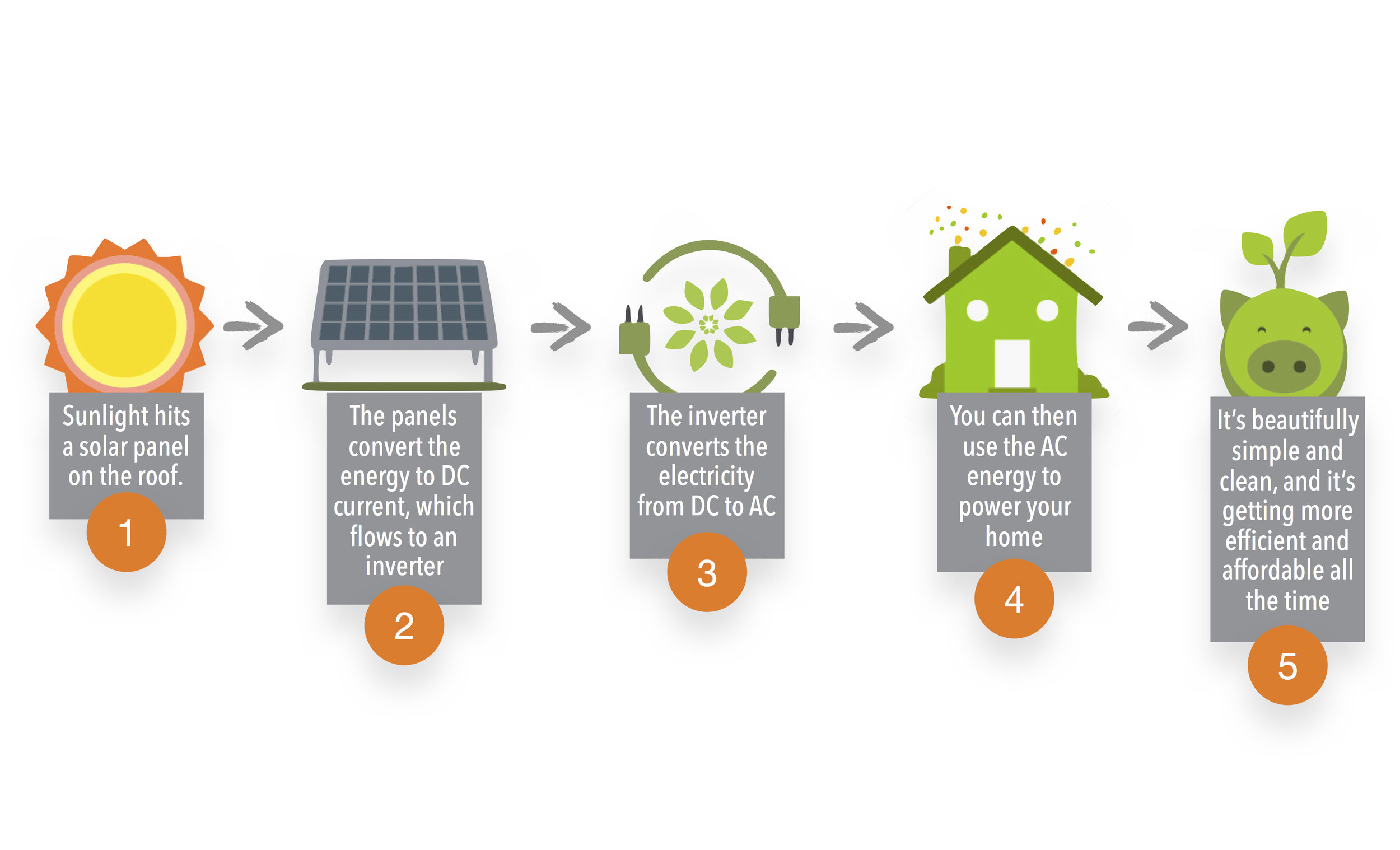
How do rooftop solar panels work?
Rooftop solar panels work by converting sunlight into electricity. The sun’s energy is converted into electrical energy by the photovoltaic cells in the solar panel. This electrical energy is then sent to an inverter, which converts it into the alternating current that powers your home.
How much do rooftop solar panels cost?
The cost of rooftop solar panels will vary depending on the size of your home, the amount of electricity you use, and the type of solar panel you choose. However, on average, rooftop solar panels can range in cost from $10,000 to $30,000. However, they keep getting more affordable:
Myth: Solar panels are more expensive than utility bills.
— Mosaic (@joinmosaic) November 7, 2022
Fact: The price of residential solar has dropped by an annual average of more than 60% over the past decade. Most homeowners find that their loan payment is lower than their electricity bill.https://t.co/cXMku9HmTZ pic.twitter.com/Ni0dCmEj8K
What are the benefits of rooftop solar panels?
There are many benefits to installing rooftop solar panels, including saving money on your energy bill, reducing your carbon footprint, and increasing the value of your home. Here are some of the most common:
Solar panels can save you money on your energy bill.
Solar panels can save you money on your energy bill, but you should know a few things before installing them. These include the cost of installation and maintenance, as well as any permits that may be required.
Additionally, you may need to make some modifications to your home, such as installing a new roof or adding supports for the panels.
Solar panels can increase the value of your home.
Solar panels can increase your home’s value in several ways.
- Firstly, they can make your home more sellable by increasing its appeal to potential buyers.
- Secondly, solar panels can provide relief through cheaper utility bills.
- And finally, solar panels can help reduce your carbon footprint and reliance on the traditional grid.
Solar panels can help you reduce your carbon footprint.
Who doesn’t want to reduce their carbon footprint and save money simultaneously? Solar panels are an excellent option for eco-conscious homeowners.
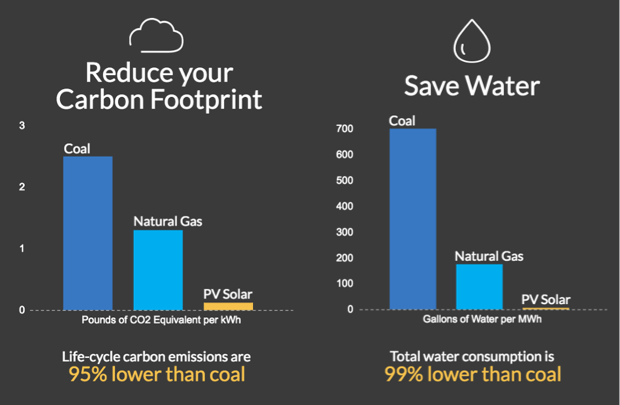
Solar panels can help reduce your utility bill and contribute to the planet’s overall health by generating electricity from the sun. Incentives from the federal government and some states can make solar panels an even more attractive option for homeowners.
Solar panels can provide backup power in case of an outage.
When you install solar panels on your home or business, you can generate your own electricity during a power outage. This means you won’t have to rely on the grid for your power needs, which can be a lifesaver during severe weather events.
Take Hurricane Ida, for example. Some residents managed to survive the storm without power for several weeks thanks to their backup generators and solar panels.
Solar panels could be a key part of Louisiana’s hurricane plan post-Ida https://t.co/fD7RVleziV
— WWL-TV (@WWLTV) September 18, 2021
Solar panels can help you be more independent from the grid.
Solar panels can help you become more independent from the grid, allowing you to generate your own electricity. This can be an excellent option for those who want to reduce their reliance on the traditional power grid.
Solar panels can help you produce your own renewable energy.
Solar panels are a great way to generate your own renewable energy. You can produce electricity without harming the environment by harnessing the sun’s power. Creating your own renewable energy can help reduce your reliance on fossil fuels and contribute to a cleaner planet.
Solar panels can help you reduce your reliance on fossil fuels.
As the nation tries to reduce its reliance on fossil fuels, solar panels are becoming a more attractive option for homeowners. Solar panels can help you reduce your dependence on fossil fuels by generating your own electricity. Additionally, solar panels have the added benefit of being environmentally friendly.
Solar panels can help you create a more sustainable home.
A sustainable home is designed to be environmentally friendly and resource-efficient.
Solar panels can help you create a more sustainable home by generating your own renewable energy. Additionally, solar panels can help reduce your reliance on the traditional power grid, which is often powered by fossil fuels.
Solar panels can help you take advantage of government incentives.
Installing solar panels can help you take advantage of government incentives through rebates and tax breaks. This is because solar panels help reduce your carbon footprint, which benefits the environment. Solar panels can also save you money on your energy bills in the long run.
Solar panels can help you be more environmentally friendly.
If you’re interested in doing your part to help the environment, solar panels are a great way to do it. Solar panels allow you to generate your own electricity, which means you’ll use less energy from traditional sources like coal-fired power plants. And since solar panels don’t produce any air pollution, they’re a very eco-friendly way to generate electricity.
Of course, solar panels aren’t without some drawbacks. The following section discusses some of the potential disadvantages of solar panels.
What are the drawbacks of rooftop solar panels?
It sounds too good to be true; it usually is. There are a few potential drawbacks of solar panels to consider before you make the switch.
Rooftop solar panels can be expensive to install.
Cost is one of the most frequently cited reasons people don’t switch to solar energy. Solar panels can be expensive, with the average cost of the installation running around $20,000. However, there are some ways to offset this cost.

Not only will you have to pay for the panels themselves, but you might also have to pay for the installation, permits, and any modifications you may have to make to your home to accommodate the panels.
Fortunately, several financial incentives are available to help offset the cost of solar panels. Many states offer tax credits or rebates for installing solar panels, and several federal tax credits are available.
Solar panels can take up a lot of space.
Another thing to consider is that rooftop solar panels take up a lot of space. This means that if you have a small roof, you may not be able to install enough panels to power your entire home. In addition, if your roof isn’t facing the sun or is obstructed by trees or buildings, your panels won’t be as effective.
Rooftop solar panels require regular maintenance.
Although solar panels are designed to be low-maintenance, they do require some regular upkeep. You’ll need to keep an eye on them to ensure they’re clean and debris-free. Depending on your solar panel type, you may also need to wash them occasionally.
It’s usually something as simple as removing leaves and dirt from the surface of the panels, but it’s essential to make sure that they’re kept clean so they can function correctly.
Solar panels only work when the sun is shining.
Solar panels only generate electricity when the sun is out, so you’ll still need another power source for nighttime or cloudy days.
If you live in an area with a lot of sunlight, this won’t be a big problem. But if you live in a cloudy climate, you’ll need to find another power source for those days when the sun isn’t shining.
Rooftop solar panels can be damaged by severe weather.
Solar panels are designed to withstand most weather conditions but can be damaged by severe weather. High winds and hail can break or crack the panels, and heavy snowfall can damage the mounting system.
If your area is prone to severe weather, it’s important to ensure that your solar panels are correctly installed and that you have a plan for dealing with any damage.
Rooftop solar panels can be challenging to install.
If you choose the do-it-yourself route, be aware that rooftop solar panels can be challenging to install.
Not only do you have to worry about properly mounting the panels, but you also need to ensure that the electrical system is connected correctly. Hiring a professional to handle the installation is probably best if you’re not comfortable working with electricity.
Rooftop solar panels can be a fire hazard.
Rooftop solar panels can be a fire hazard if not installed correctly. The electrical current from the panels can cause sparks that could ignite nearby materials.
To avoid this, it’s crucial to ensure that your solar panels are installed by a professional and properly maintained.
Rooftop solar panels can be a source of light pollution.
Rooftop solar panels can be a source of light pollution. This is because they reflect and scatter light in all directions, including up into the sky.
This can cause glare and disrupt the natural night sky. It disturbs the sleep patterns of people and animals.
Now that you know the pros and cons of rooftop solar panels let’s discuss how you can decide whether they’re suitable for you.
How do I know if rooftop solar panels are right for me?
Believe it or not, solar panels aren’t always the best choice for everyone. Here are a few steps to determine whether they’re right for you.
1. Determine your energy needs.
The first step is to determine how much energy you need to generate. This will depend on many factors, including the size of your home, the amount of sun your roof gets, and your energy usage habits.
2. Determine if your roof can support solar panels
First, you’ll want to get your roof inspected by a professional to ensure that it’s structurally sound. If your shingles are relatively new, that’s ideal—but if they’re not, you may need to replace them before installing solar panels.
After all, why would you spend time and money installing solar panels on a roof that’s not in good condition?
Once you’ve determined that your roof can support solar panels, you’ll need to check the direction of your roof. The best way to maximize energy production is to place your panels on the side of the roof that gets the most sun exposure.
3. Consider the weather and climate in your area
The weather and climate highly affect the ability of solar panels to produce energy.
If you live in a sunny area like Louisiana, you’ll be able to produce more energy than someone who lives in a cloudy area like Seattle.
4. Determine if you want to buy or lease solar panels.
Two main ways to get solar panels are to buy them outright or lease them from a company.
There are pros and cons to both, but you’ll want to consider whether you’re comfortable with the idea of owning your solar panels.
Here are the pros and cons of each option:

Purchasing Pros:
- You own the panels, so you can sell them if you move
- There’s no monthly payment
- You may be eligible for state and federal solar incentives, like the Solar Investment Tax Credit
Leasing Pros:
- You don’t have to pay for installation or maintenance
- There’s no long-term commitment
- If you move, the lease can usually be transferred to the new owners
Purchasing Cons:
- The upfront cost can be expensive
- You’re responsible for maintenance and repairs
Leasing Cons:
- You don’t own the panels, so you can’t sell them if you move
- You have to make monthly payments
- You may not be eligible for solar incentives
No matter which route you choose, make sure you research and pick a reputable company.
5. Choose the right technology
Solar panels come in two main types: photovoltaic (PV) and solar thermal. Photovoltaic panels generate electricity, while solar thermal panels generate heat. The type of panel you choose will depend on what you want to use it for.
If you’re just looking to offset your energy usage, PV panels are the way to go. But if you’re interested in using solar energy for heating your home or hot water, solar thermal panels are the better choice.
6. Consider if you need a battery.
If you live in an area with regular power outages, consider investing in a battery. This way, you can store energy and use it even when the grid is down.
Be warned. Batteries can get pretty pricey—so you’ll want to make sure that they’re really worth it for your situation.
7. Consider the durability of the solar system
Solar panels can last anywhere from 20 to 30 years. Shingle roofs can last anywhere from 15 to 20 years. So it’s optimal to install your panels on a new roof, or at least one with plenty of life left in it.
8. Inspect your roof for durability
We mentioned it earlier, but let’s reiterate—a solar panel installation is a significant investment, and you want to be sure your roof will protect that investment.
Before you install solar panels, have a professional roofer come out and inspect your roof. Be sure to ask about the lifespan of your roof and any potential weak spots that could cause problems down the line.
Solar panels will add weight to your roof, so you’ll want to ensure that it is strong enough to support them. Before installing, you may need to have a contractor add more bracing and supports to your roof.
9. Decide on the correct positioning
The location and position of your panels will significantly impact their efficiency. Again, the easiest way to ensure that your panels are installed in a manner to get you optimal results, it’s best to consult with a professional.
10. Get a permit to install solar panels
Installing solar panels isn’t an impulse purchase – take the time to research what you need to do first. Solar panel installation requires permits in some cases, so check your city’s laws and regulations before starting the process. It may take some time to submit and receive approval for permits, but it’s worth it to ensure everything is done correctly.
Again, it’s best to leave the installation of solar panels to the professionals. They have the experience and expertise to ensure the job is done right and can help you with all the required paperwork and permits.
11. Determine the cost of installation
Next, you want to calculate the cost of installation. This is where working with a professional solar company comes in handy, as they can give you a quote for the cost of materials and labor.
You’ll also want to factor in any incentives or rebates available in your area. These can offset the cost of installation significantly.
12. Look into state and federal incentives.
Some states and cities offer rebates and incentives for rooftop solar panels. The federal ITC provides a tax break for installing rooftop solar panels. Several state and federal incentives are available for rooftop solar panels.
These incentives can help offset the costs of installing rooftop solar panels. You may be eligible for these incentives if you live in a qualifying state or have a Federal Tax Credit.
These are just a few of the things to keep in mind when considering installing rooftop solar panels. Solar energy is a great way to save money and help the environment, but it’s essential to do your research before taking the plunge. With some planning, you can ensure that your investment in solar panels pays off for years to come.
Now, let’s discuss the roof requirements for a solar photovoltaic (PV) system:
What are the roof requirements for solar panels?
It’s more than just slapping up some panels and letting the sun do its thing. You’ll need to answer the following questions before determining if your roof is suitable for solar PV panels.
What is the pitch of the roof?
The angle, or pitch, of your roof, affects the amount of sunlight that hits the surface and how efficiently solar panels can absorb that sunlight. A flatter roof won’t be as effective at collecting sunlight as a steeper one.
Can Your Roof Support Solar Panels?
Before installing solar panels, you must ensure that your roof can support them structurally and in terms of weight.
Solar panels can be installed on many types of roofs, but some may require additional reinforcement. For peace of mind, contacting a professional installation company is always best.
Which Direction Does the Slope of Your Roof Face?
The slope of your roof is essential when considering solar panels because it affects the amount of sunlight that hits them.
A south-facing roof will get the most sunlight and thus be the most effective for solar panels. A west-facing roof will get less sunlight, and an east-facing roof even less.
Inspect Your Roof For Durability
It wouldn’t make sense to install fancy new solar panels only to have them fall through your roof a few months later. Solar panels are not cheap, so you want to be sure that your roof can support their weight and withstand the elements.
Most solar panels are made of tempered glass, which is very strong. However, it’s still essential to check for any weak spots on your roof that need to be reinforced before installation.
We cannot stress the importance of having your roof inspected by a professional enough. You want to be sure that your roof can support the weight of the solar panels and any additional reinforcement that might be necessary.
As you can see, there are many things to consider before installing rooftop solar panels. With some planning and research, you can ensure that your investment in solar energy pays off for years to come.
If you’re considering installing solar panels on your roof, you should ensure that your home’s roof is ready. We can help you with that.
Here at Better Built Contractors, we offer free roof inspections to help you determine if your roof is up to the task. If it’s not, we’ll work with you to get it repaired or replaced so that you can move forward with your solar panel installation.
Contact us today to schedule your free roof inspection. We’ll help you get your home’s roof ready for solar panels so that you can start saving money and helping the environment.
FAQs
Solar panels are a popular green energy option for homeowners. They can help you save money on your energy bills by selling power back to the grid. Many government rebates are available for solar panel installation, making it more advantageous to install them than ever before.
Solar panels convert light into electricity using photovoltaic technology. Solar panels work best when installed facing the sun and should be inspected before purchase to ensure they are in good condition.
There are many benefits to installing rooftop solar panels. Rooftop solar panels can help you save money on your energy bill, reduce your carbon footprint, and take advantage of government rebates. Solar panels can also save you money on your electricity bills in the long run. Before installing rooftop solar panels, it is essential to consider the cost-benefit of solar panels to ensure they will be profitable. Titan Construction is a reputable rooftop solar panel installation company that offers a satisfaction guarantee with its services. Titan’s professional team can help you find the best rooftop solar panel for your needs and provide affordable rates for installation.
Solar panels are placed on rooftops and use sunlight to create electricity. Solar panels have photovoltaic cells that absorb sunlight and convert it into direct current (DC). From there, an inverter changes the DC into an alternating current (AC), which powers your home. Excess electricity can be stored in batteries or sent back into the grid.
There are three main types of rooftop solar panels: monocrystalline, polycrystalline, and thin-film. Monocrystalline panels are the most efficient but also the most expensive.
Polycrystalline panels are less efficient but cheaper than monocrystalline panels. Thin-film solar panels have a finer design and are more flexible and portable, but they’re not as efficient as monocrystalline or polycrystalline solar panels.
The average cost of rooftop solar panels is $15,000 to $20,000. You will likely need to hire a professional to install the panels, and you may also need to repair your roof beforehand. You will save money on your bills, but it may take a long time to make back the initial expense.
The average homeowner in California and New York homeowner saves money by installing rooftop solar panels. The savings vary depending on the state, but homeowners save around $1,000 per year on average.
The average cost of rooftop solar panels depends on your location, roof size, and how many peak sun hours your roof receives. Google’s Project Sunroof allows you to enter your address to get an estimate of how much money you would save by installing solar panels.
Solar panels have an average lifespan of 10-15 years. The main factor that affects their lifespan is the up-front cost of the installation. As the panels age, repairing or replacing them becomes more challenging.
Additionally, solar panels may only be effective for a short time after installation. It is important to research companies that supply and install solar systems to ensure you are getting a reliable product.
Solar panels require minimal maintenance and are easy to install. You might not notice something wrong with your solar panels until your next utility bill. Over time, you want to monitor your solar energy system for signs of wear and tear. Check for repairs on your roof before you install solar panels. Rooftop solar panels require removal and reinstallation every time there is work done on the roof.
You should repair any damage to the roof and make sure it is suitable for rooftop solar panels. It is recommended to match the lifespan of your rooftop solar panels with your roof to save time, effort, and money.
There are two types of warranties for rooftop solar panels: performance warranties and product warranties. The manufacturer of TPO products typically offers performance warranties, usually lasting between 25 and 30 years. Product warranties, on the other hand, protect the buyer in case there are any issues with the solar panels, usually lasting between 15 and 25 years.
More extended warranties can obviously protect your investment better and save you money in the long run. That being said, most solar panel manufacturers offer a standard 20-year warranty on their equipment.
In terms of what is covered, rooftop solar panels come with a warranty that covers damages that might occur during installation or to broken/damaged/defective equipment. Additionally, most inverters also come with a separate warranty that covers them for a certain period—the length of this warranty will depend on the type of inverter included in your system.
As for manufacturing defects, rooftop solar panels have a warranty covering any material or workmanship defects found in the solar panels themselves.
A few different tax credits and incentives are available for those installing rooftop solar panels.
The Federal Solar Tax Credit is available until 2032 and offers a 10% credit on the cost of the solar panel installation. Additionally, many states provide property tax exemptions for solar panel installations, as they increase the home’s value.
Governments worldwide also offer numerous financial incentives to encourage people to install solar panels. These can take the form of investment subsidies or feed-in tariffs and help offset installation costs.
When looking for a reputable installer for rooftop solar panels, it is essential to do your research. Check the credentials and accreditation of the company, and look for positive feedback and a good track record. Make sure to ask about the terms of their warranty before contracting.
A reputable solar panel installation company can offer a free assessment and provide information on the best solar panels for your needs. They should also offer a warranty on their work.
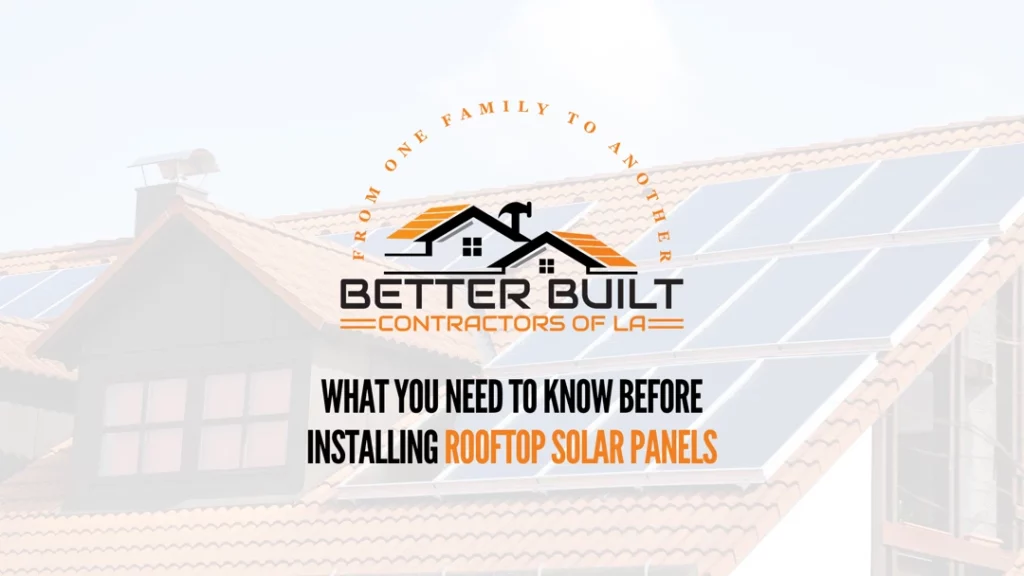
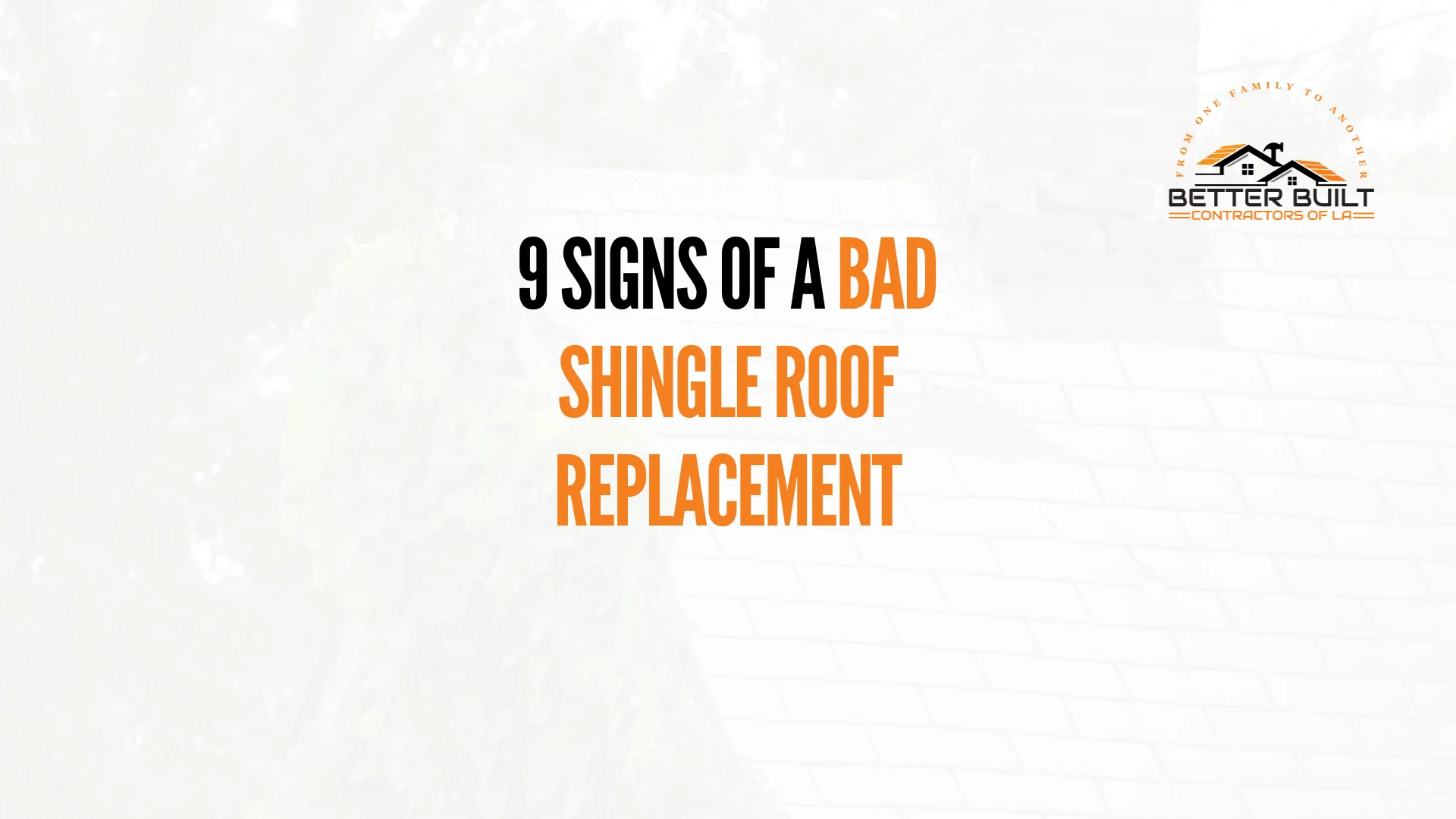

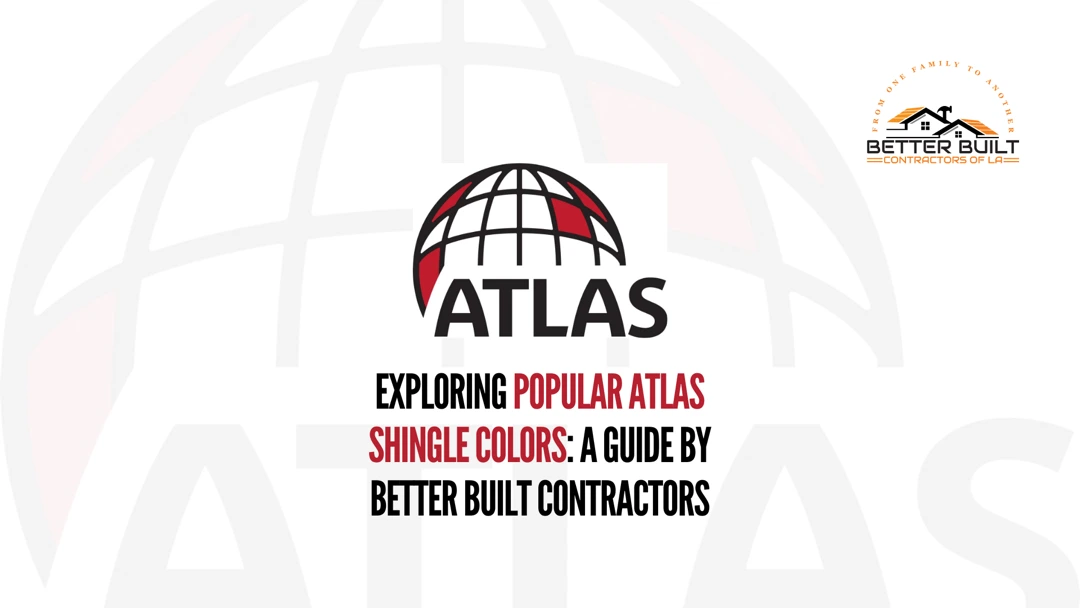





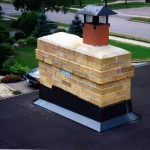
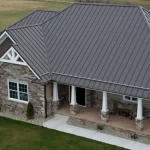



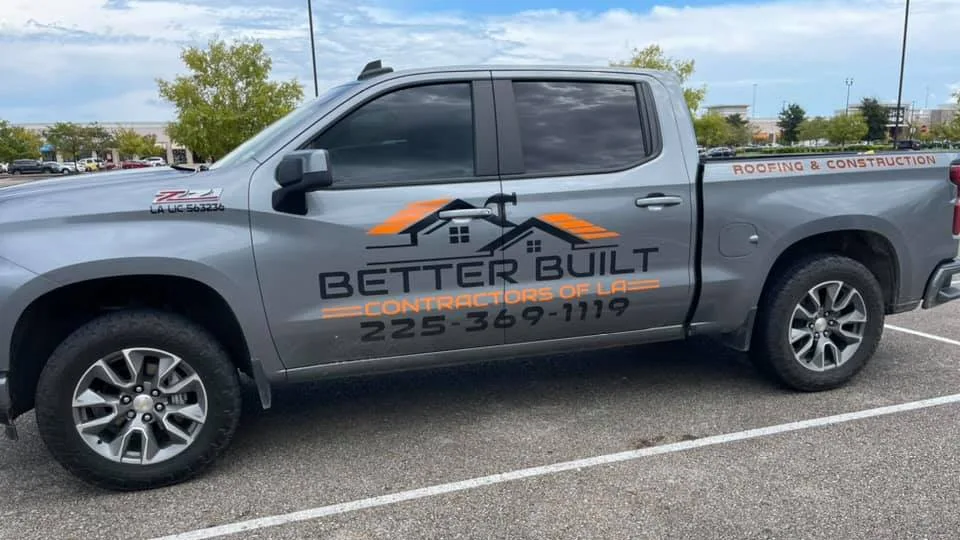
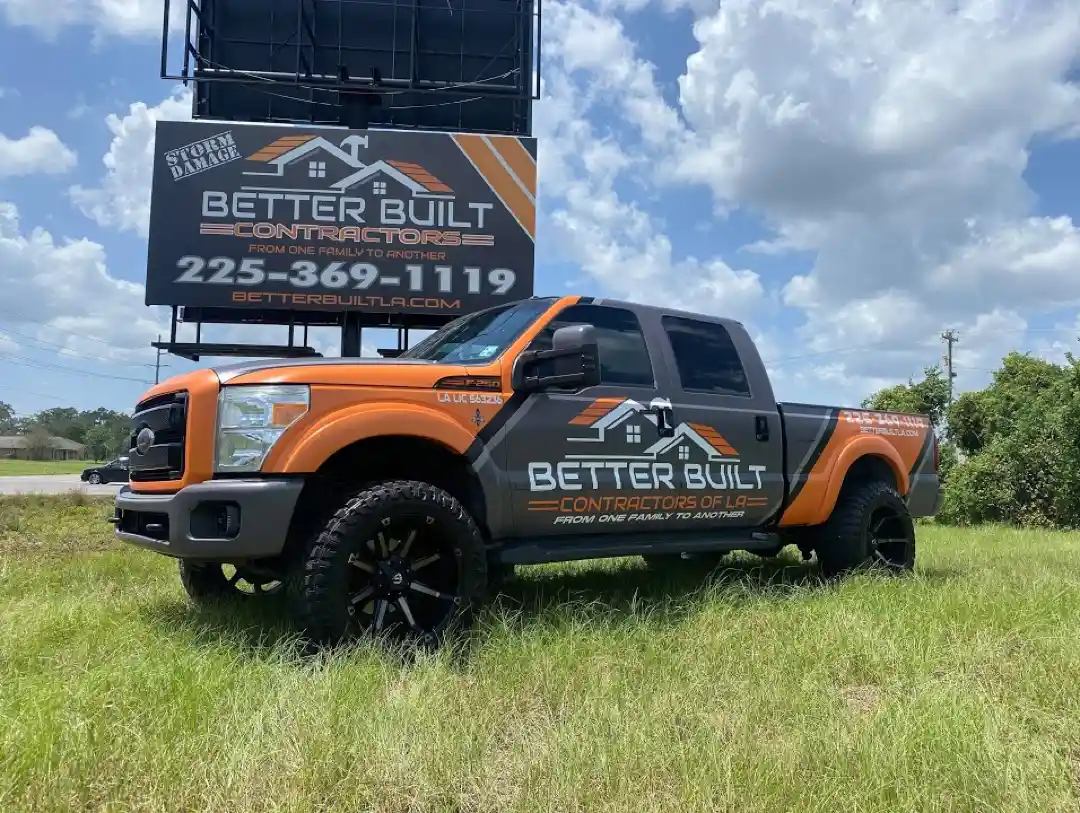
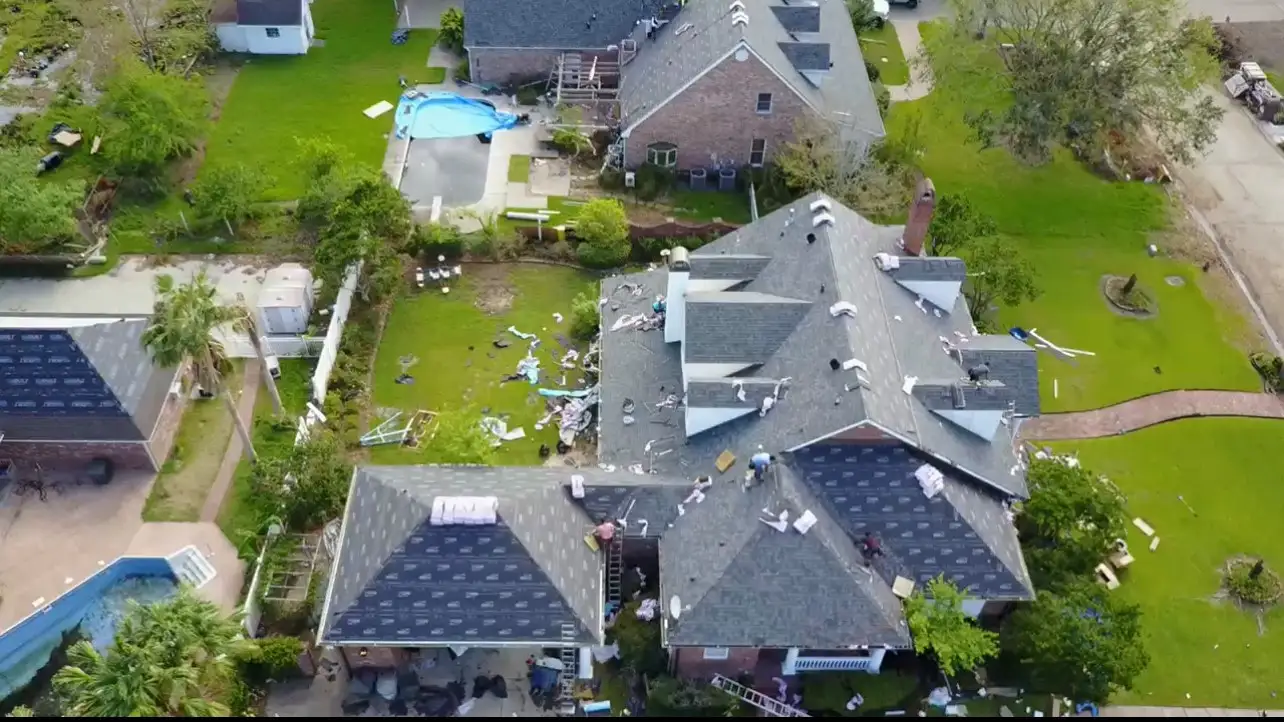
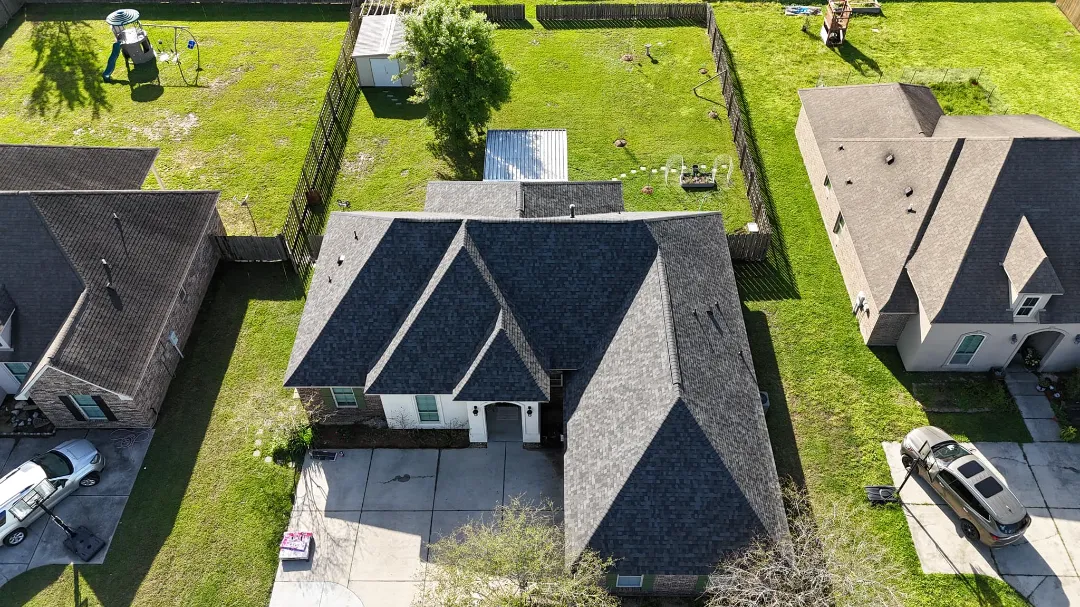
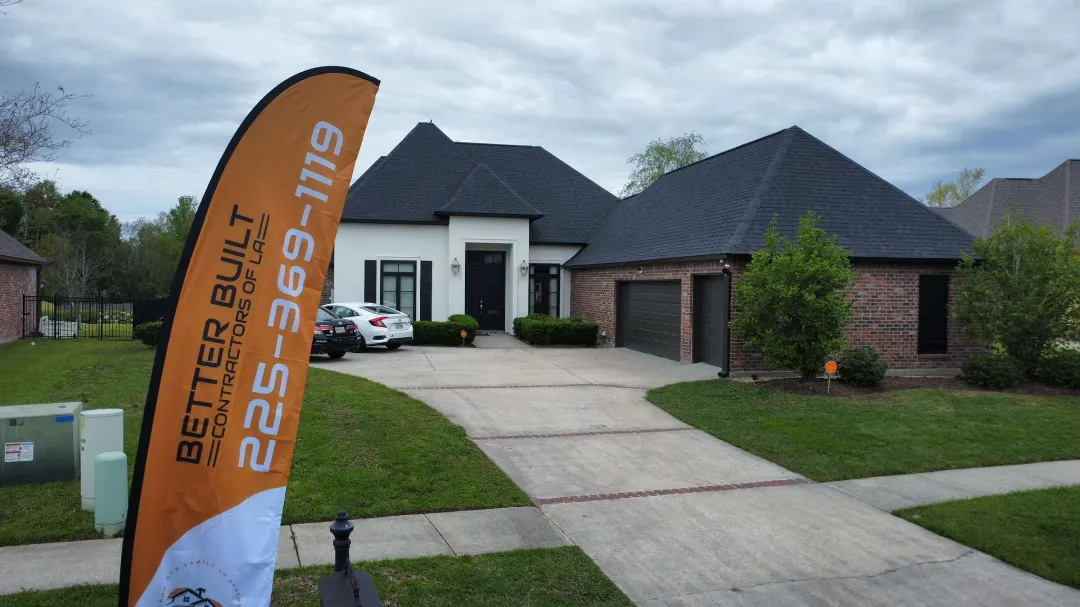
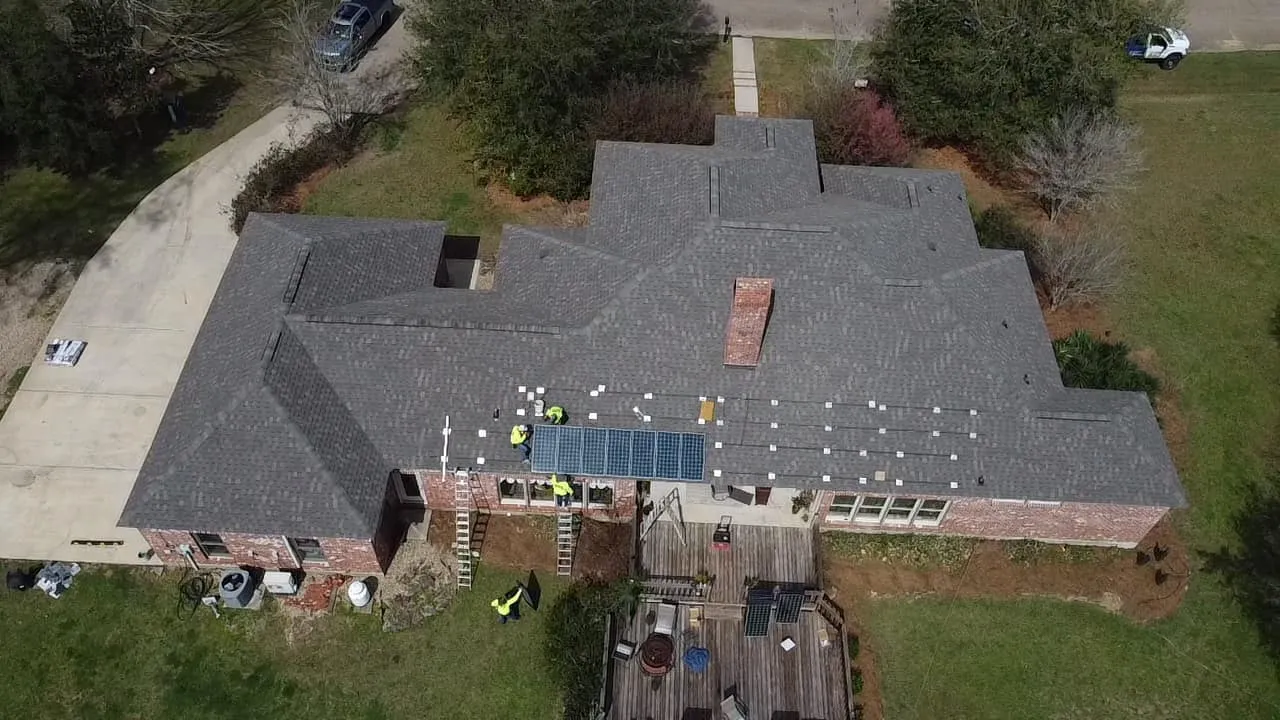
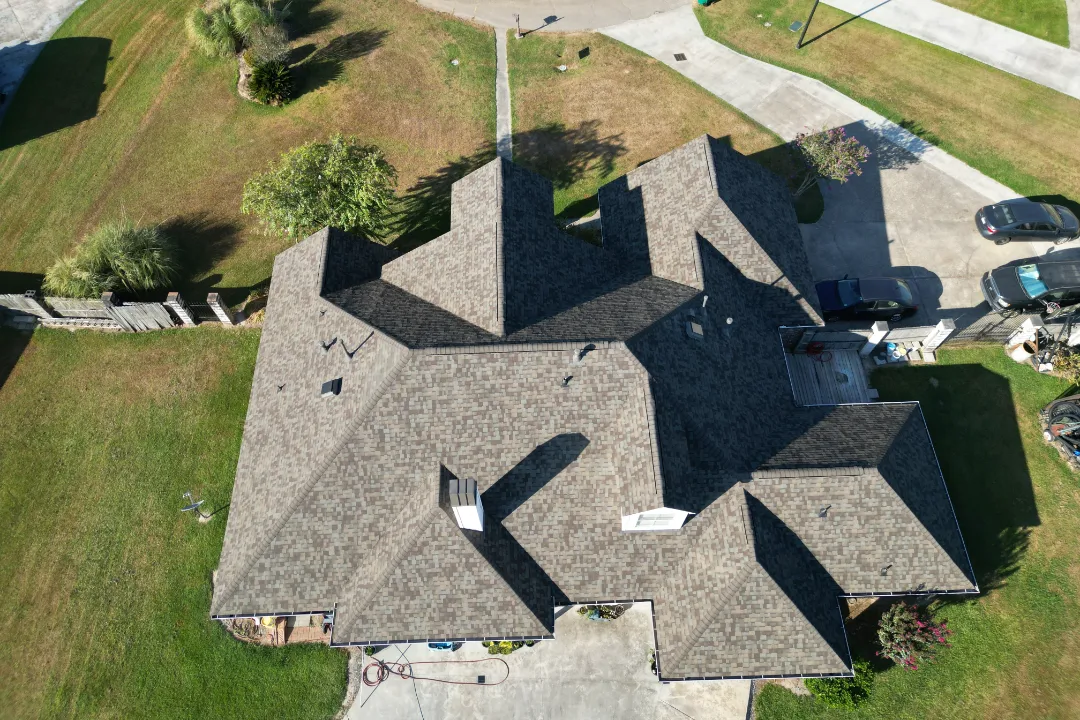
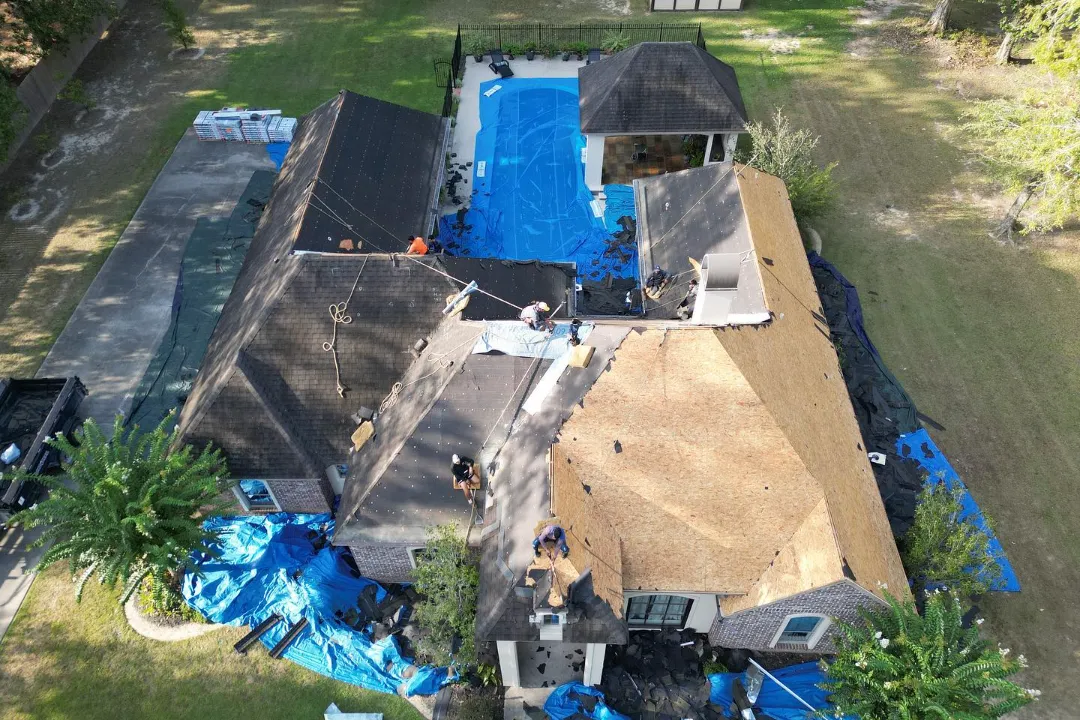
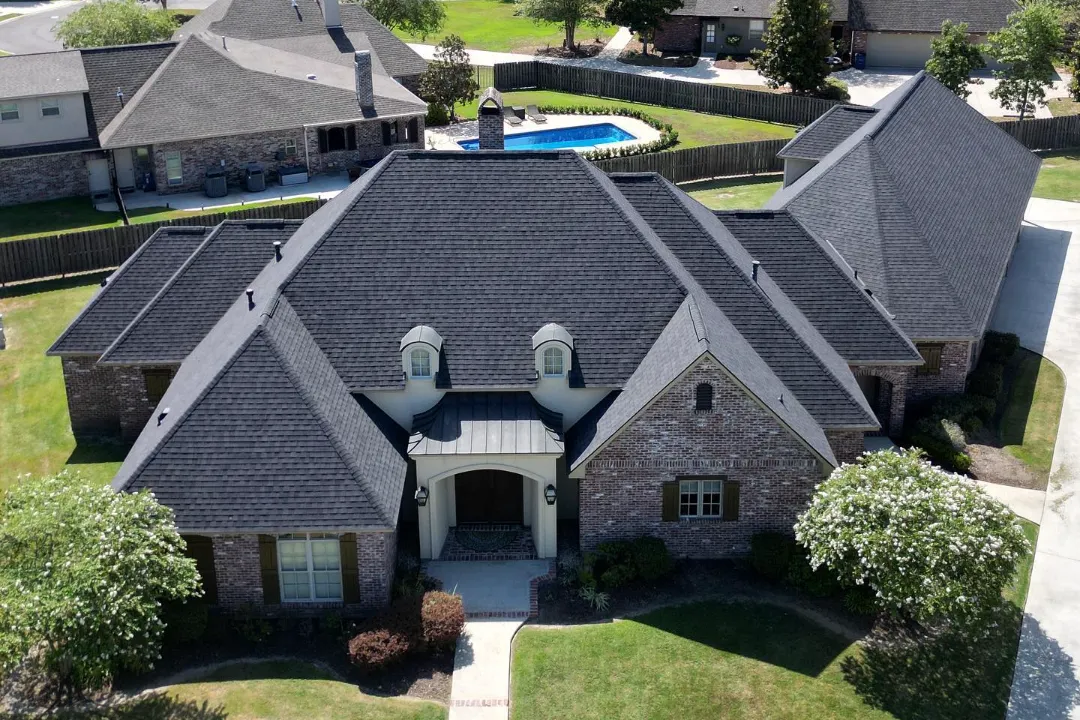
%20(1).png)

